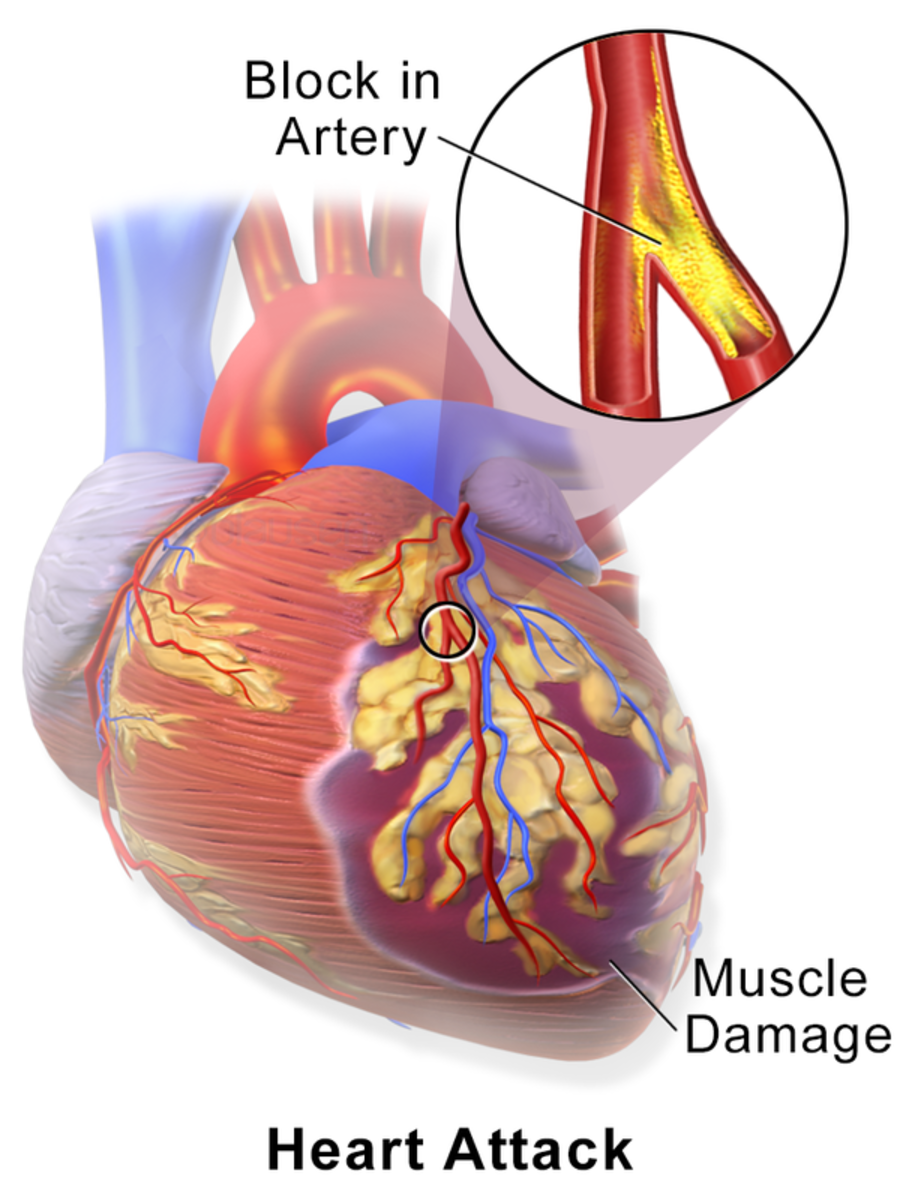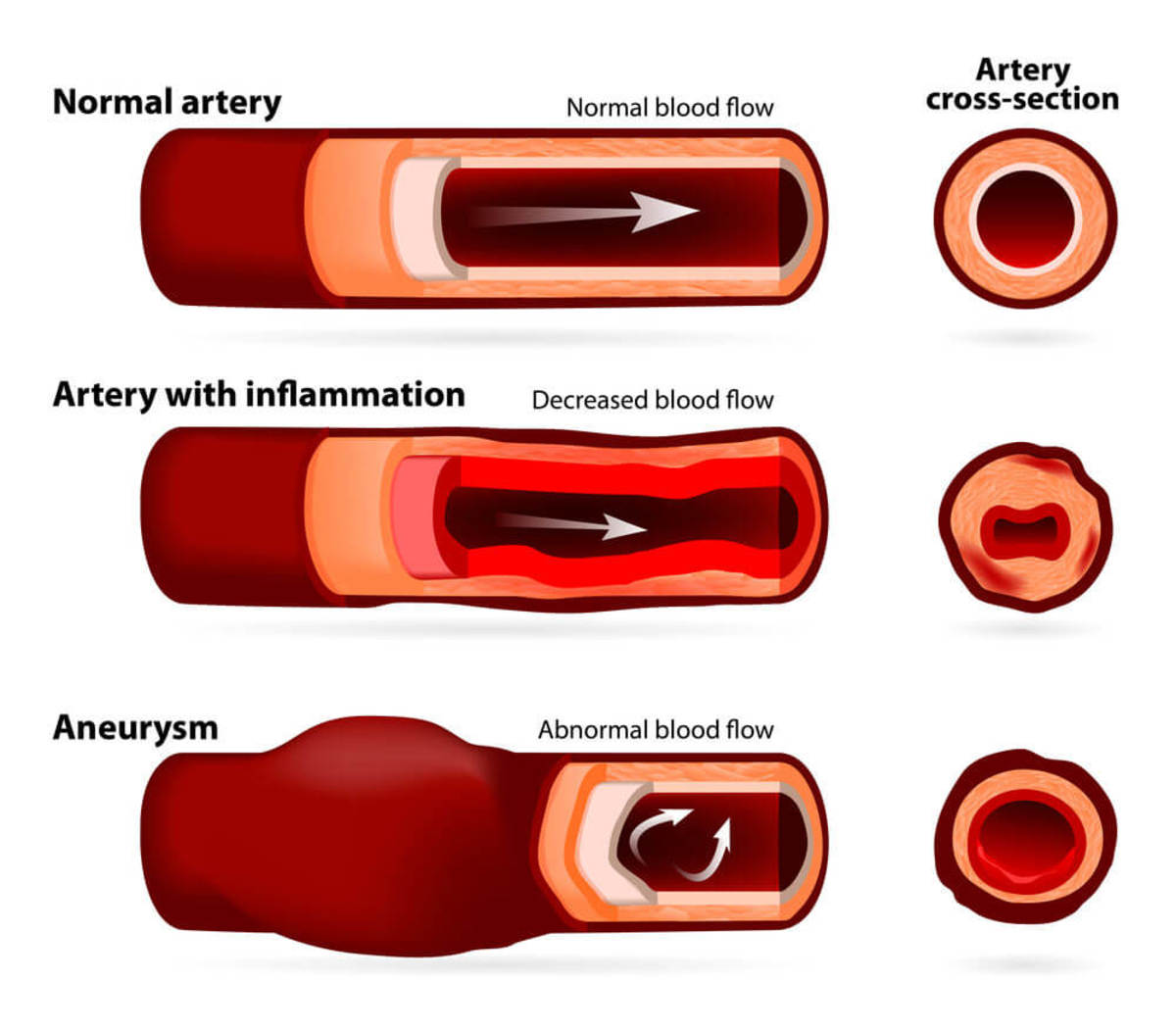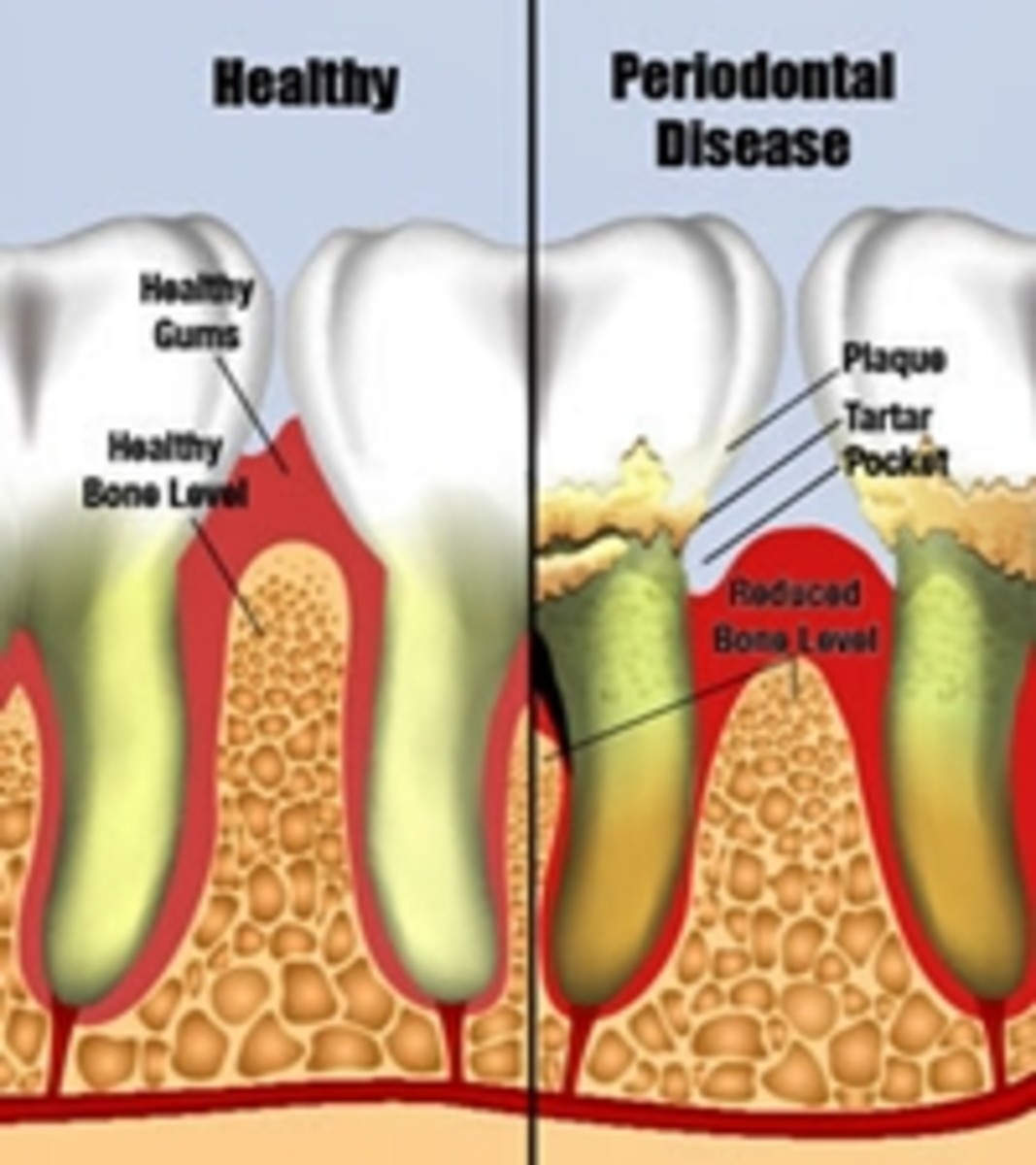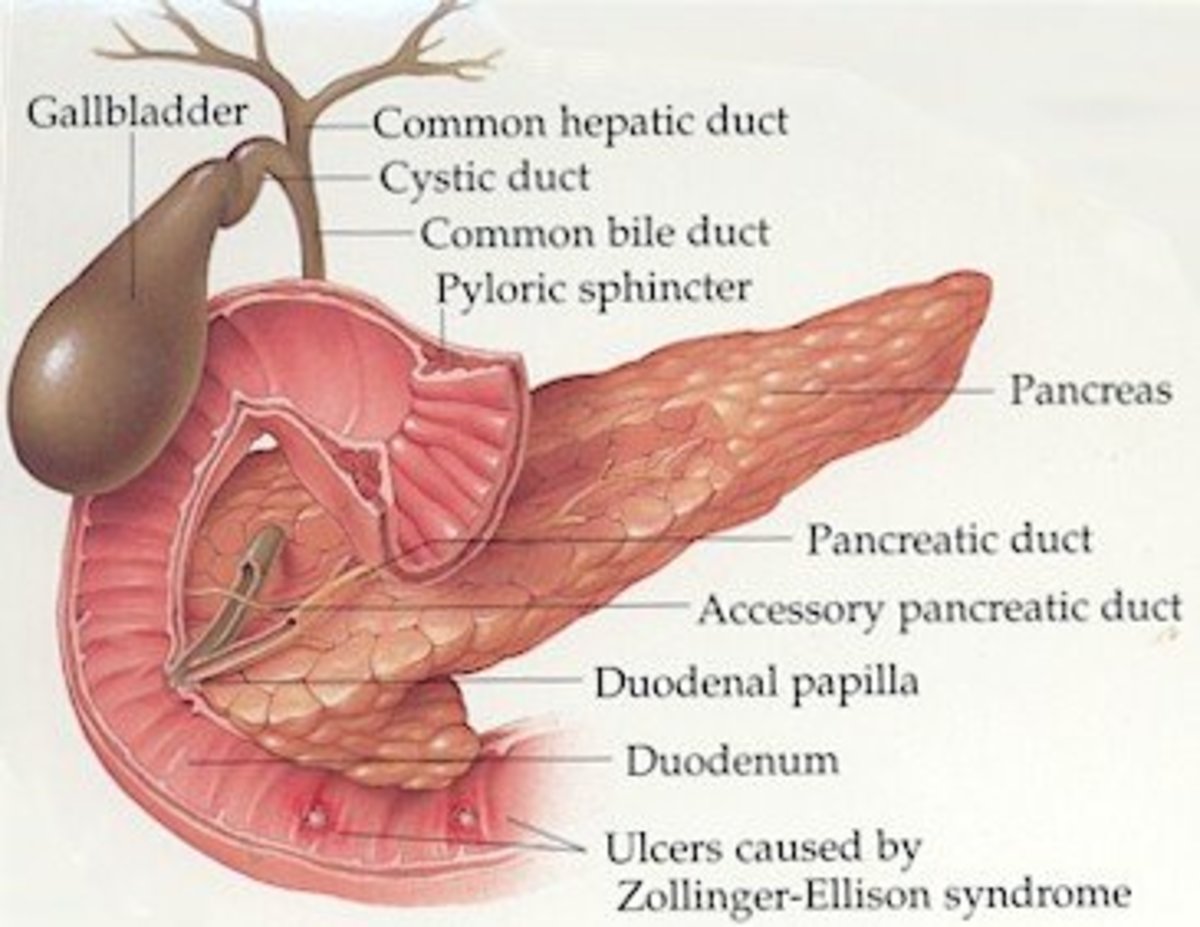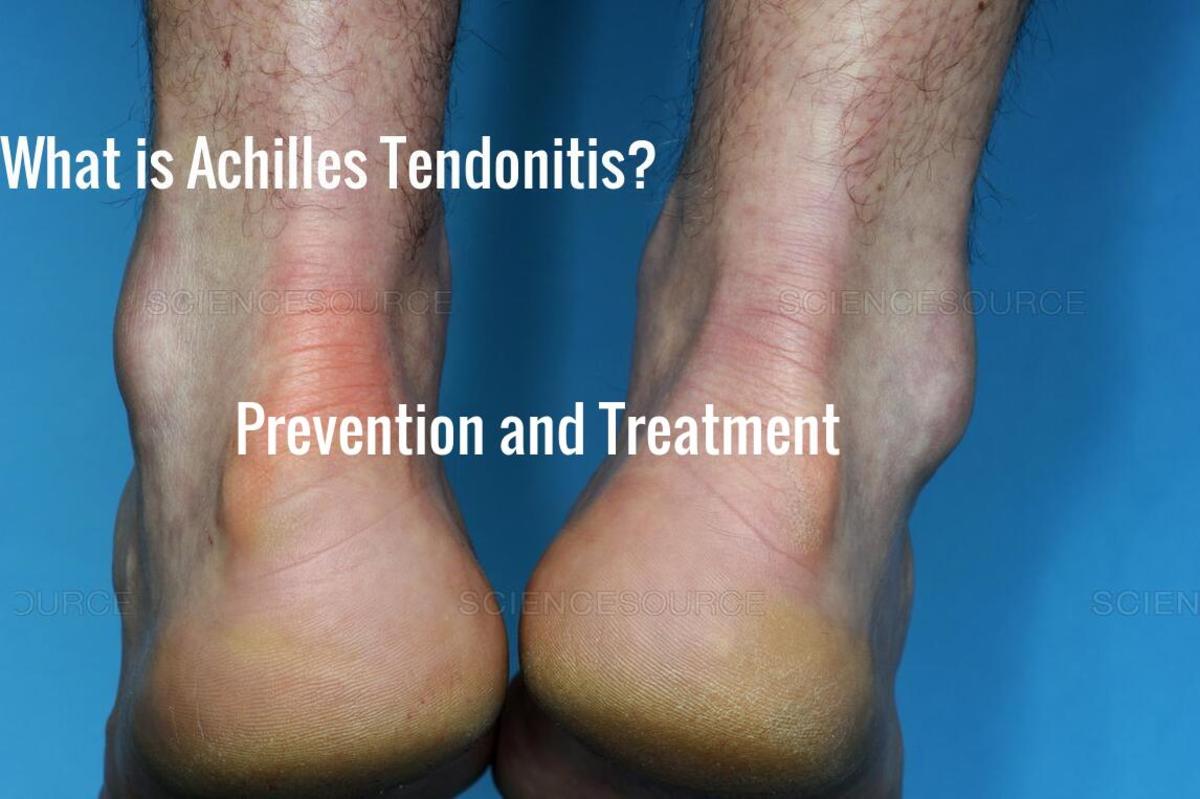Home Cholesterol Test
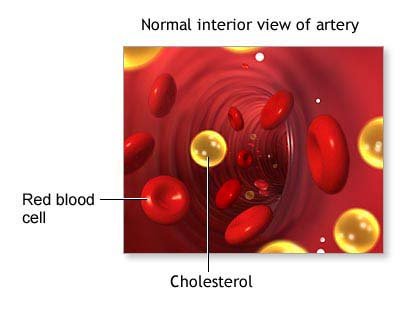
Cholesterol is an essential component in the human body, but too much can pose health problems. If health insurance companies start paying for everyone for cholesterol-related problems in their teenage years, the cost of health care will go up. Learn about cholesterol functions and problems.
Cholesterol is a white, waxy fat that is present in the tissues of humans and other animals and, thus, in all foods from animal sources. Cholesterol is essential for many bodily functions: It is a building block for hormones and for vitamin D; it is a component of the membranes of cells; and it is a part of the insulation sheath around nerve fibers that enables nerves to communicate.
As many people are now aware, abnormal levels of cholesterol carried in the blood - and in particular a high level of LDL, or so-called “bad,” cholesterol - significantly increase the risk for coronary heart disease and heart attack. It is also well established that regulating blood cholesterol to achieve optimal levels can significantly reduce the risk of heart attacks and strokes.
Your cholesterol levels, of course, are not the only risk factor for coronary heart disease. Other major risk factors include older age, a family history of premature heart disease, obesity, smoking, high blood pressure, and diabetes; any decision about treating your cholesterol should be made with your doctor taking all risk factors into account. But whatever your other risk factors are, it may be time for you to reevaluate whether you need to lower your cholesterol.

How Cholesterol Contributes to Heart Attacks
Despite its importance to life, cholesterol isn’t an essential nutrient, meaning that the diet does not need to contain cholesterol to meet the body’s requirements. The liver can manufacture all the cholesterol the body needs. Particles called lipoproteins, formed in the liver, transport cholesterol and other fats through the bloodstream. The three lipoproteins are named according to their density: very–low-density lipoprotein (VLDL), low-density lipoprotein (LDL), and high-density lipoprotein (HDL). Most cholesterol is transported by LDL.
The liver secretes VLDL, which is converted to LDL in the bloodstream. The cholesterol on LDL is used to form membranes in cells throughout the body, and it also serves as the starting molecule for the formation of several hormones, such as estrogen, androgen, and cortisol. Deposits of LDL cholesterol in the arterial walls initiate the formation of plaques. As plaques build up, the arterial walls thicken and narrow. Symptoms of coronary heart disease result when an advanced plaque narrows a coronary artery so much that it hinders blood flow to the heart. Plaque deposits also roughen arterial walls and make it easier for a blood clot to form along their surface. Complete blockage of a coronary artery by a clot can cause a heart attack. A portion of a clot can also break loose from its place of origin and cause a heart attack by lodging in a narrower section of the artery or in a smaller artery supplying blood to the heart. HDL also carries cholesterol in the blood; however, HDL has the beneficial capacity to pick up cholesterol from cells and atherosclerotic plaques and bring it back to the liver for reprocessing or excretion. Therefore, HDL cholesterol is often referred to as “good” cholesterol, because it clears cholesterol from the arteries, while LDL cholesterol has been called “bad” because it deposits cholesterol in the arteries. Because elevated cholesterol levels contribute to the development of atherosclerosis, reducing cholesterol levels can help prevent coronary heart disease and heart attacks.
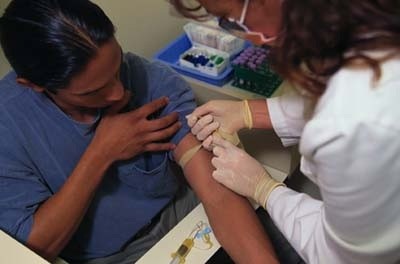
Cholesterol Test
It is suggested that everyone who is 20 years of age or older should have a blood test called a lipid profile (sometimes called a lipoprotein profile) at least once every five years. This test measures blood levels of total cholesterol, LDL cholesterol, HDL cholesterol, and triglycerides. Triglycerides are another type of lipid, which the body uses for energy. Like cholesterol, triglycerides are obtained from food and produced in the liver, and they are transported in the blood by lipoproteins, mostly VLDL. High triglyceride levels are a risk factor for coronary heart disease.
If you have high cholesterol or high blood pressure (or if you're worried about having it), you may have been tempted by the many home cholesterol test kits and blood pressure monitors currently on the market. The devices promise quick, accurate results in the privacy of your own home, a boon for busy people who don't like to sit in waiting rooms.
Approved by the FDA in 1993, home cholesterol test generally measures the total fat levels in your blood. A few years ago, some manufacturers also started producing home cholesterol tests that measure high-density lipoprotein (HDL), the "good" cholesterol that protects your heart; low-density lipoprotein (LDL), the "bad" cholesterol which contributes to plaque buildup in the arteries; and triglycerides.
Determine your TOTAL + HDL + LDL Cholesterol Levels at HOME in 5 Minutes
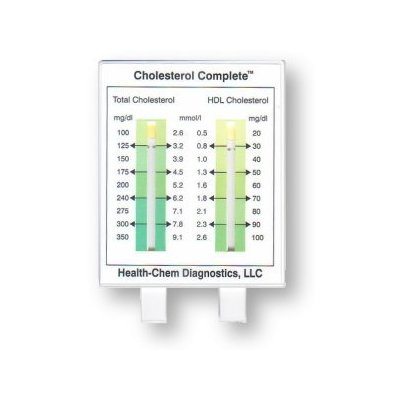
Home Cholesterol Test
To use the cholesterol tests, you prick your finger with a small lancet, put a drop of blood on a piece of paper with chemicals on it, and wait for the results (usually within 10 minutes or so). In some tests, you can tell your results by the color of the paper. In others, your result appears on a small screen -- often within one minute.
The results of home cholesterol tests are about 95% accurate -- very close to the accuracy of a doctor's (or laboratory's) test. Typical home cholesterol test cost between $14 (for the kind that uses paper strips) and $125 (for a hand-held automatic cholesterol device that tests total cholesterol, LDL, HDL, and triglycerides). That is a pretty good deal, as it would save you trips to -- and waiting time at -- the doctor's office or medical laboratory.
Test your cholesterol level - managing undesirable cholesterol levels is one of the most important steps you can take to prevent a heart attack.


